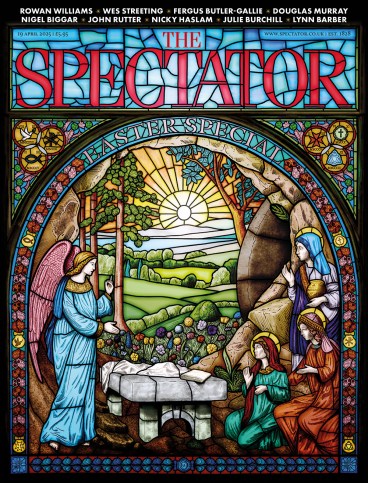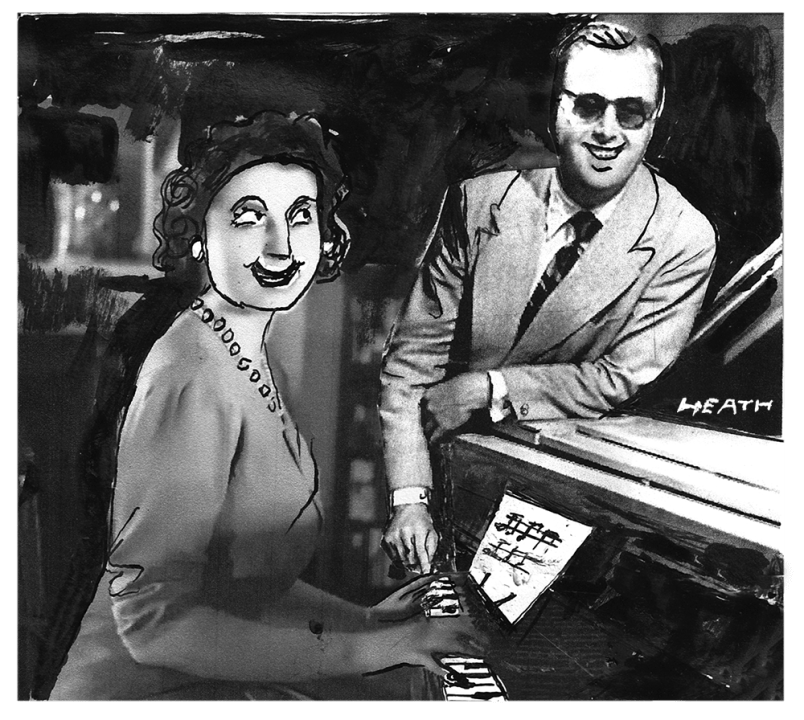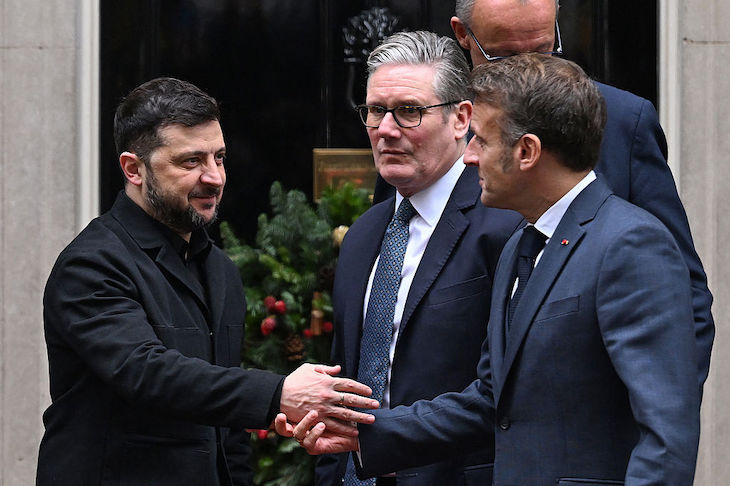
I have just returned from the lovely Italian city of Rimini, where 300 local singers had gathered for a weekend of choral music under my direction, culminating in a concert in the grand Teatro. As they sang amid the chandeliers, gilded cherubs and plush velvet, I reflected that in all the recent discussion about tariffs, no one has yet highlighted the importance of music as a British export. As a representative of our choral tradition, I was treated with something like the reverence that would be accorded to a Brazilian footballer or a Russian chess player. My host, the regional choral supremo, knew all about our British choirs. His CD collection was filled with British choral recordings and he had just hosted the Tallis Scholars for a packed-out concert. From my travels, I can report that British musicians are held in high esteem around the world. There is particular interest in our cathedral and collegiate choirs because nowhere else is there anything quite like them. It is not just our Oxford marmalade and Marmite that are unique. Let’s celebrate – and support – something that we as a nation do exceptionally well.
I have started to look forward to Mondays. Cambridge, already a city of choirs, has given birth to a new one, the Schola Cantorum. Its 30 or so members sing the monastic office of Compline (rhymes with Tom Flynn) every Monday evening in various of the city’s churches and college chapels, and their radiant singing is balm to the soul. Compline is the office traditionally sung by monks or nuns just before they retire for the night, and in a community like Cambridge where many of us lead busy and stressful lives, it is a lifesaver. To gather by candlelight in a sacred space and lose oneself in the timeless beauty of Gregorian chant and sacred polyphony is a healing experience. I have talked to some of the young choir members, drawn from across the whole university and from many fields of study, and I can see that this new choir is at the centre of their lives whether they have a religious faith or not. An endowment needs to be set up to ensure its long-term future.
Disturbing rumbles from my alma mater. Recent private conversations lead me to wonder whether Cambridge University and its colleges have got into a tangle over their wholly admirable pursuit of diversity, which I take to mean giving fair opportunity of inclusion to those of different ethnic origin or social background. I fully support this aim, but diversity should not be the enemy of excellence but rather its enabler. Cambridge on the one hand appears to want to broaden its student intake, yet it sets unrealistic A-level requirements that many under-resourced state schools – often only able to offer a limited range of A-level subjects – simply cannot meet. On the other hand, it seems to be imposing quotas on the proportion of privately educated students it will admit. Thus, the pool of potentially successful applicants both from state and private schools is reduced. The fewer applicants you have to choose from, the harder it becomes to maintain standards. I see this with those seeking choral or organ awards. They add incalculable value to the university, but it seems that Cambridge is at best ambivalent about them and the excellence they bring. It is misguided to be embarrassed or apologetic about excellence. If there is no apex to the pyramid, what is there to aspire to?
I had never attended a secular funeral until the recent woodland interment of Rachel, Lady Willcocks, the 99-year-old widow of Sir David, director of King’s College Choir from 1957 to 1974. Despite coming from a clerical background (or possibly because of it), she wanted none of the rites of the Anglican Church to mark her passing. The strange thing was that as her wicker coffin was lowered into the ground, the words from the Book of Job about worms destroying this body came to mind, and at the gathering immediately before, the music that sang her to her rest was mostly sacred.
Recently I dusted off my morning suit and headed for Buckingham Palace with my wife and son for the pleasure of an investiture. The staff in attendance were all warmly welcoming, visibly sharing in the happiness of the occasion, as was the King. What do you say to your monarch in the fairly brief moment available? There was a memorable exchange between the late Queen and Sir George Shearing, renowned jazz pianist, reported to me by his widow. At the time he received his knighthood he was elderly and had lived in America for many years, and it was not surprising that Her Majesty politely enquired: ‘Are you still doing it?’ ‘Yes, ma’am,’ came the reply, ‘but not as often.’








Comments